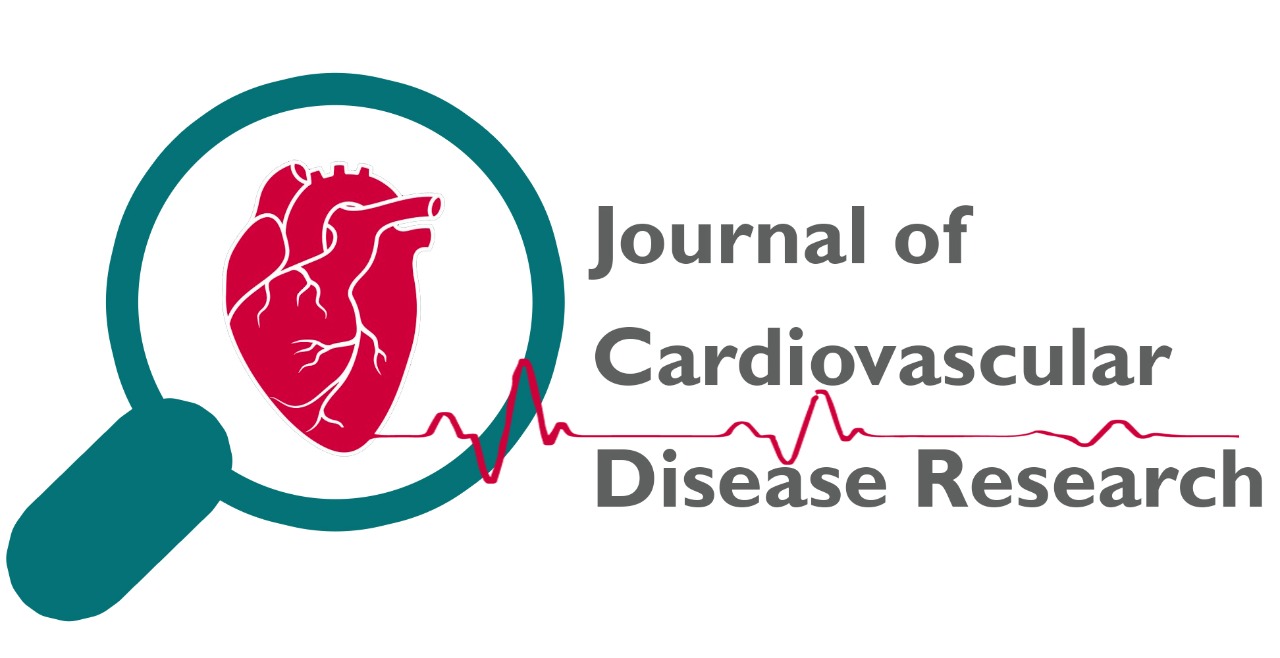
Assessment of Knowledge, Attitude and Practices regarding Biomedical Waste Management in Paramedical and Nursing staff working at Rural health care centres
Dr. Prajapati Kshatrapal, Dr. Joshi Abhishek, Dr. Vijay Prasad Sangishetti, Dr Santosh Kumar Prajapati
JCDR. 2023: 1967-1978
Abstract
Modern consumer culture has exacerbated the healthcare waste problem by encouraging the use of single-use items that are intended for one-time use and then discarded as waste. BMW's improper handling of and exposure to such waste pose a significant threat to patients and staff who handle them, as well as adverse impacts on the environment and public health. The serious health hazards posed by poor management of biomedical waste to hospital staff, rag pickers, community employees and the community. Methodology: A pre-designed, semi-structured questionnaire was used to collect data, which included the following components: socio-demographic profile of participants (age, sex, education, total family income, etc.), knowledge, attitude, and practices regarding BMW generation, segregation, and disposal, as well as knowledge, attitude, and practices regarding BMW management rules. Results: Only 25% of class 4 workers knew about the different categories of biomedical waste, whereas all nursing staff participants had knowledge of it. Knowledge of BMW management rules was present among only 25% of class 4 workers and 50% of paramedical workers. Around 80% of nursing staff knew about the storage of BMW, while 67% of paramedical workers had knowledge of it. Both nursing staff and paramedical workers had complete knowledge of the color-coding system of biomedical waste. In terms of universal precautions, 80% of nursing staff were aware of it, while 84% of paramedical workers had knowledge about universal precautions. Only 25% of class 4 workers had knowledge of BMW disposal, universal precautions, and diseases transmitted by BMW. Concerning teamwork, 80% of nursing staff participants agreed that BMW management is a team effort, while only 25% of class 4 staff participants shared this view. In terms of extra burden of work, 60% of nursing staff, 84% of paramedical staff, and 75% of class 4 staff believed that BMW management creates extra workload for them. All the nursing staff complied with recapping procedure after using needles, discard used needles in needle Cutter, disposal of BMW in specified colour coded containers and reporting sharp injuries, while half of the paramedical staff did comply with appropriate practice as accepted. only 25 % of class 4 study participants were vaccinated for Hepatitis B vaccination. Conclusion: Results showed that overall, the Nursing staff demonstrated favorable levels in all three aspects. However, the Class 4 employees exhibited favorable knowledge but their attitude and practices did not align with their level of knowledge. Similarly, the Paramedical workers showed favorable knowledge and attitude, but their implementation of practices in relation to Biomedical waste management was inadequate
Description
Volume & Issue
Volume 14 Issue 4
Keywords
|
This is an open access journal which means that all content is freely available without charge to the user or his/her institution. Users are allowed to read, download, copy, distribute, print, search, or link to the full texts of the articles in this journal without asking prior permission from the publisher or the author. This is in accordance with the Budapest Open Access Initiative (BOAI) definition of open access.
The articles in Journal of Cardiovascular Disease Research are open access articles licensed under the terms of the Creative Commons Attribution Non-Commercial License (http://creativecommons.org/licenses/by-nc-sa/3.0/) which permits unrestricted, non-commercial use, distribution and reproduction in any medium, provided the work is properly cited. |
|
|
|
|
|
Copyright � 2022 Journal of Cardiovascular Disease Research All Rights Reserved. Subject to change without notice from or liability to Journal of Cardiovascular Disease Research.
For best results, please use Internet Explorer or Google Chrome POLICIES & JOURNAL LINKS
Author Login
Reviewer Login About Publisher Advertising Policy Author's Rights and Obligations Conflict of Interest Policy Copyright Information Digital Archiving & Preservation Policies Editorial Policies Peer Review Policy Editorial & Peer Review Process License Information Plagiarism Policy Privacy Policy Protection of Research Participants (Statement On Human And Animal Rights) Publication Ethics and Publication Malpractice Statement Corrections, Retractions & Expressions of Concern Self-Archiving Policies Statement of Informed Consent Terms of Use |
Contact InformationJournal of cardiovascular Disease Research,
|




